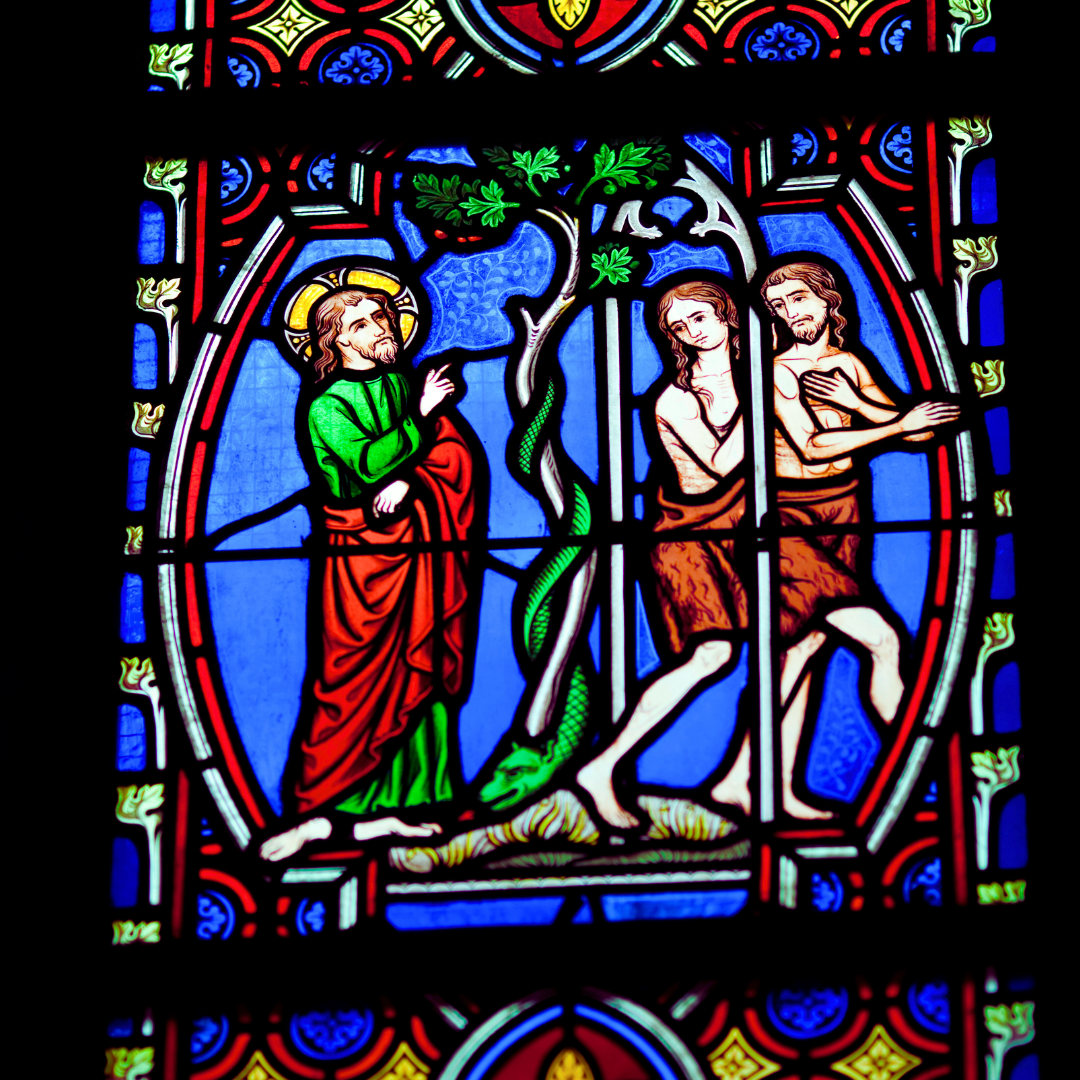
Lindsey Mitzel ponders the hidden ways we become more like Christ through humility.
On October 13, 2021, William Shatner, then 90 years old, traveled to space on the Blue Origin New Shepard rocket. The flight only lasted 11 minutes, but when Shatner returned to earth, he was crying. Later, he would be quoted as saying,
Everything I had thought was wrong. Everything I had expected to see was wrong. I had a different experience because I discovered that beauty isn’t out there, it’s down here, with all of us. Leaving that behind made my connection to our tiny planet even more profound.
He may not have known it, but Shatner expressed an understanding of the fragility of life, death, and our planet on the feast day of Our Lady of Fatima, more than 100 years since the Miracle of the Sun. He experienced the dichotomy of the truth about humanity—that we are vulnerable and insignificant, all the while believing that we are paramount and invincible. Shortly after creating the world, God told Adam that he could eat from any of the trees in the garden except the tree of knowledge of good and evil. God told him that when he ate from this tree he would die (Genesis 2:16-17). The serpent tempted Eve by telling her that she would not die if she ate the fruit of this tree.
“God knows well that when you eat of it your eyes will be opened and you will be like gods, who know good from evil.” (Genesis 3:4-5)
Presumably, Eve understands to not eat of the tree because of what Adam has told her God said. Many people have remarked on this part of Genesis—where was Adam when Eve was being tempted? Why didn’t Eve trust the Lord’s words to her through Adam’s guidance? Was she tempted in that moment to disbelieve both Adam and God? Ultimately, many understand Adam and Eve’s sin to be in part one of pride—seeking to know as much as God—to become like Him.
The simplistic answer to Adam and Eve’s original sin is that God is God and we are not. Ironically, Christ’s taking on flesh, in humility, and being willing to offer His life up for ours, heals our original sin and allows us to “become like him” and ultimately be with Him forever in heaven (Philippians 2:6-7).
Though it never feels like it at the time, humility is a blessing. The sting of being humbled is a sign that we indeed are prideful—and accepting humility deflates what we puffed up. We become more who we really are (John 3:30). The irony is that Christ became like us in love, and we try to make ourselves like God in defiance. God knows our weakness and does all He does out of pure love for us (Hebrews 4:15-16). We see God only dimly, yet try to make ourselves seem better than we are (1 Corinthians 13:12).
In part of Jesus’ Last Supper Discourse, Jesus likens Himself to a vine, calling His disciples “the branches” (John 15:5). He states,
“Remain in me, as I remain in you. Just as a branch cannot bear fruit on its own unless it remains on the vine, so neither can you unless you remain in me.” (John 15:4)
Other translations use the word “abide” instead of “remain in.” Abide means "to make your home in." If a branch is cut off from a tree, it is no longer alive and will not bear fruit or continue to bear fruit. If I leave a room during a conversation, someone may still be talking, but the conversation can’t continue because I have disengaged. Jesus asks us to remain with Him—to stay engaged. In the garden of Gethsemane, he asked his disciples to remain with him and “keep watch” (Matthew 26:38). In the garden of Eden, Adam and Eve hide from God when they hear Him walking nearby. In the garden of Gethsemane, Jesus instructs His disciples to “stay awake” so that they will not be tempted. He states, “the spirit is willing, but the flesh is weak” (Matthew 26:41).

In the garden of Eden, Adam and Eve clearly show us how weak our flesh really is. Yet Jesus perfects our flesh. He is tempted in the garden of Gethsemane, yet chooses obedience to the Father’s will, where Adam and Eve chose disobedience. He prays that “this cup might pass from him,” if it be the Father’s will, but desires the Father’s will more than His own (Matthew 26:42). Finally, He becomes the fruit—whereas Adam and Eve ate of the fruit and died, our consuming Jesus in the Eucharist gives us life (John 6:51, 54-55).
Everything about our lives matters infinitely to God. Yet, relatively speaking, we really are so tiny and insignificant. We are minuscule even just in comparison to the size of the earth we live on, which is trivial in comparison to the size of our galaxy—let alone the rest of the universe. Yet the God of the universe has created each of us in total love. Moreover, He desires with all His heart to dwell with us, just as He originally planned when He created the world and walked with Adam and Eve in the garden of Eden.
Life can often feel overwhelming, chaotic, frightening, and discouraging. It’s easy these days to lose heart. Just before His Passion, Jesus told his disciples,
“In the world you will have trouble, but have courage, I have conquered the world.” (John 16:33)
If we abide with Christ—if we stay in the room with Him, in conversation with Him, living every day with Him—we have nothing to fear, because we will grow to be more and more like Him, know of his incredible love for us, and one day, hopefully get to spend the rest of eternity with Him in perfect love.

Copyright 2023 Lindsey Mitzel
Images: Canva
About the Author

Lindsey Mitzel
Lindsey Mitzel is a nurse practitioner and mom to six littles. When not homeschooling or driving her kids to various places, she enjoys gardening, hiking, and running. Lindsey appreciates dry humor, a good pun, and coffee. You can read more about her at Eight and a Half Months. Lindsey also occasionally writes for Be Love Revolution's Tiny Thoughts blog.


.png?width=1806&height=731&name=CatholicMom_hcfm_logo1_pos_871c_2728c%20(002).png)
Comments